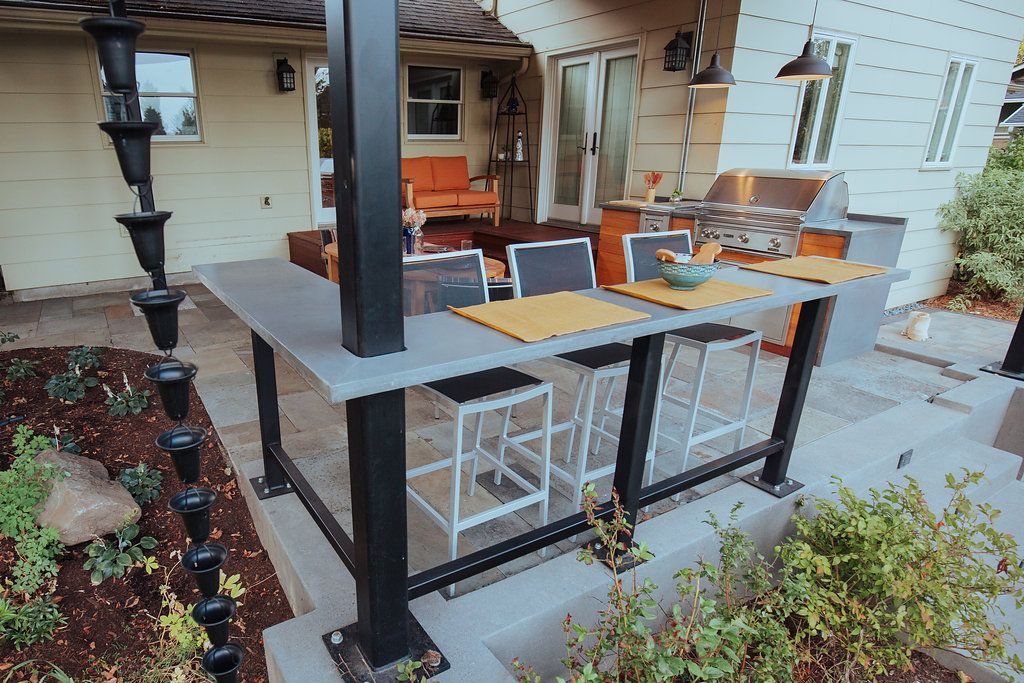Design-Build Construction: A Comprehensive Guide
Efficiency, cost-effectiveness, and quality are paramount in construction, making the design-build method a popular choice among homeowners. When embarking on a construction project, clients and developers have several approaches, each with its own advantages and disadvantages. Among these approaches, design-build construction has emerged as a streamlined and collaborative method offering numerous benefits throughout the project lifecycle. This comprehensive guide will delve into the advantages of design-build construction and why it’s becoming the preferred choice for many homeowners and developers.
What is Design-Build Construction?
Design-build construction is an integrated project delivery approach where a single entity, typically a design-build firm or contractor, is responsible for a project’s design and construction phases. Unlike the traditional design-bid-build method, where an architect or designer and a contractor are separate entities, design-build combines these roles into one team. This consolidation of responsibilities fosters a more collaborative and efficient construction process.
Advantage 1: Streamlined Communication and Collaboration
One of the foremost advantages of design-build construction is the seamless collaboration between designers and builders from the project’s outset. In the traditional design-bid-build approach, the design phase often needs more input from the construction team, leading to potential discrepancies and change orders during construction. Design-build eliminates these issues by involving all stakeholders from the beginning. This integrated approach fosters better communication, efficient problem-solving, and faster decision-making.
Advantage 2: Faster Project Delivery
Speed is often of the essence in construction, especially for commercial and residential projects where time is money. Design-build construction offers a significant advantage in terms of project timelines. Teams can work concurrently with all project phases under one roof, reducing overall project duration. This efficiency can result in substantial time savings, allowing clients to see their projects completed sooner.
Advantage 3: Cost Control and Predictability
Cost overruns and unexpected expenses can derail a construction project. This proactive approach to construction mitigates this risk by providing clients with cost predictability and control. Involving builders during the design phase can identify and address potential issues early on, minimizing costly changes and ensuring the project stays within budget.
Advantage 4: Enhanced Quality
Quality assurance is a fundamental aspect of any construction project. The collaboration between designers and builders ensures that the project’s vision aligns with its execution. Moreover, the design-build entity is accountable for the entire project, from concept to completion, instilling a higher sense of responsibility and commitment to delivering a quality product.
Advantage 5: Single Point of Responsibility
In design-build construction, clients have a single point of contact responsible for the entire project. This eliminates the need for clients to manage multiple contracts and coordinate between various parties. With a unified team overseeing both design and construction, clients can enjoy a more straightforward and less stressful experience.
Advantage 6: Flexibility and Innovation
Design-build construction encourages innovative thinking and adaptability. The collaborative nature of the approach allows for real-time adjustments and creative solutions to challenges that may arise during the project. Clients benefit from a team that is constantly seeking ways to optimize the design and construction processes.
Advantage 7: Reduced Risk
Risk management is a crucial aspect of construction projects. Design-build construction transfers a significant portion of the project risk from the client to the design-build entity. With a single point of responsibility, the design-build team assumes the risk of cost overruns, delays, and design errors, offering clients greater peace of mind.
Design-build construction is a project delivery method that stands out for its efficiency, cost-effectiveness, and quality. By fostering collaboration, streamlining communication, and providing cost predictability, the array of advantages for clients and developers is obvious. As the construction industry continues to evolve, design-build construction is poised to play a pivotal role in shaping its future, ensuring that projects are completed faster, with enhanced quality, and within budget.
If you’re interested in learning more, fill out our contact form, and let’s chat!






